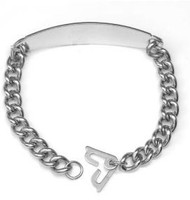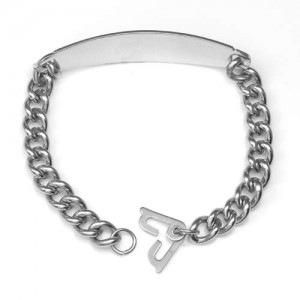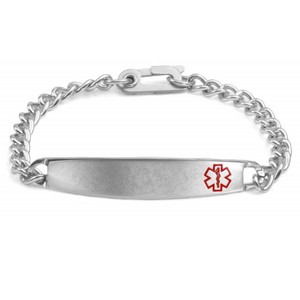Remember Me: Alzheimer’s Disease Awareness Day
27th May 2022
Today is Alzheimer’s Awareness Day
Sept 21 has been designated a day to celebrate and remember those who cannot to commemorate the 10th anniversary of the ADI’s annual conference. ADI (Alzheimer’s Disease International) is an international federation of Alzheimer associations around the world working locally, globally with the World Health Organization, and at your fingertips with Alzheimer University.
Why you should be aware, Why everyone should care:
Today 45 million are living with dementia, and each year that number grows by 7.7. Roughly 65% are attributed to Alzheimer’s disease.
That’s 1 new case of dementia every 4 seconds.
Dementia is a general term that describes disorders affecting memory, thinking, behavior, and emotion; but dementia isn’t Alzheimer’s, rather a symptom of Alzheimer’s.
Alzheimer’s is not a normal part of aging.
If we think of brain cells like factories that generate energy, dispose of trash, and store information / communicate it with other body cells – Alzheimer’s prevents the factory from functioning. After one part of the factory breaks down, others follow leading to irreversible brain damage.
Alzheimer’s disease is a progressive disorder, there are treatments to slow the symptoms but there is no cure. Living with Alzheimer’s is possible – depending on general health, deterioration rate, and age of diagnosis survival can range from 4-20 years.
Early onset of Alzheimer’s is classified as a diagnosis before age 60; these cases only account for about 5% and generally have a family history.
In addition to family history, women and those with a sedentary lifestyle are also considered to be at higher risk.
To help reduce your risk eat right, stay active, and be engaged by socializing, enjoying hobbies, and using your brain!
Know the warning signs for yourself and loved ones:
Signs of Alzheimer’s:
- Poor judgment and decision making
- Inability to manage a budget
- Losing track of the date or the season
- Difficulty having a conversation
- Misplacing things and being unable to retrace steps to find them
Typical age-related changes
- Making a bad decision once in a while
- Missing a monthly payment
- Forgetting which day it is and remembering later
- Sometimes forgetting which word to use
- Losing things from time to time
Dealing with a Diagnosis:
- Creating your own coping strategy is key to getting a sense of control back.
- Educate yourself
- Decide whether or not to participate in clinical trials
- Develop a daily routine, and set manageable goals
- Patience: take on one task at a time without pressure
- There’s more than one way to solve a problem
- Know your stress triggers
- Rely on your sources of strength
Are you a caregiver feeling overwhelmed? Take the caregiver stress check!
Importance of Wearing a Medical ID:
When it comes to any disease involving memory, having a form of identification is one of the easiest ways to stay safe.
6 out of 10 people living with dementia will end up wandering from safety.
If you or a loved one become lost or confused, your medical ID will have your back.
Read more on What do you need to engrave on your Alzheimer’s Medical ID Bracelet?
Which ID is best for me?
Our medical ID bracelets with Safety Clasps are an Alzheimer patient/caregivers best ID ally. They require two hands to fasten and take off. This greatly reduces the chance losing the bracelet or removing when in a state of dementia.
Shop Medical ID Bracelets Now
Sources: Alzheimer’s Disease International, Alzheimer’s.Org, National Institute of Health




